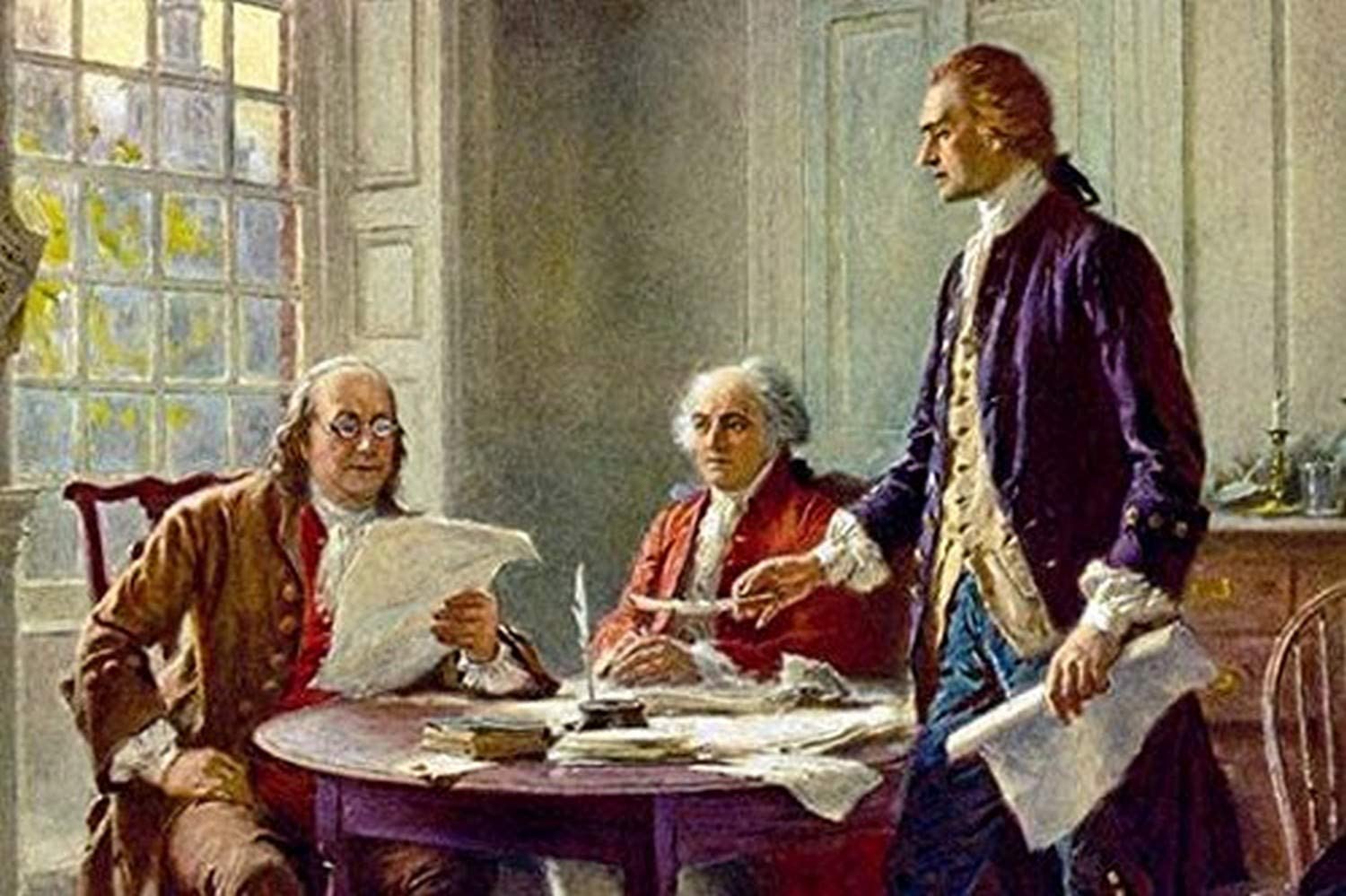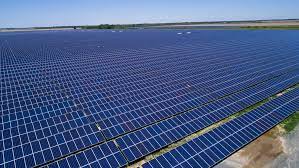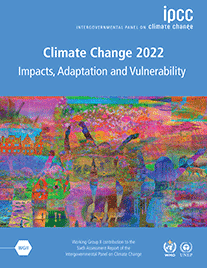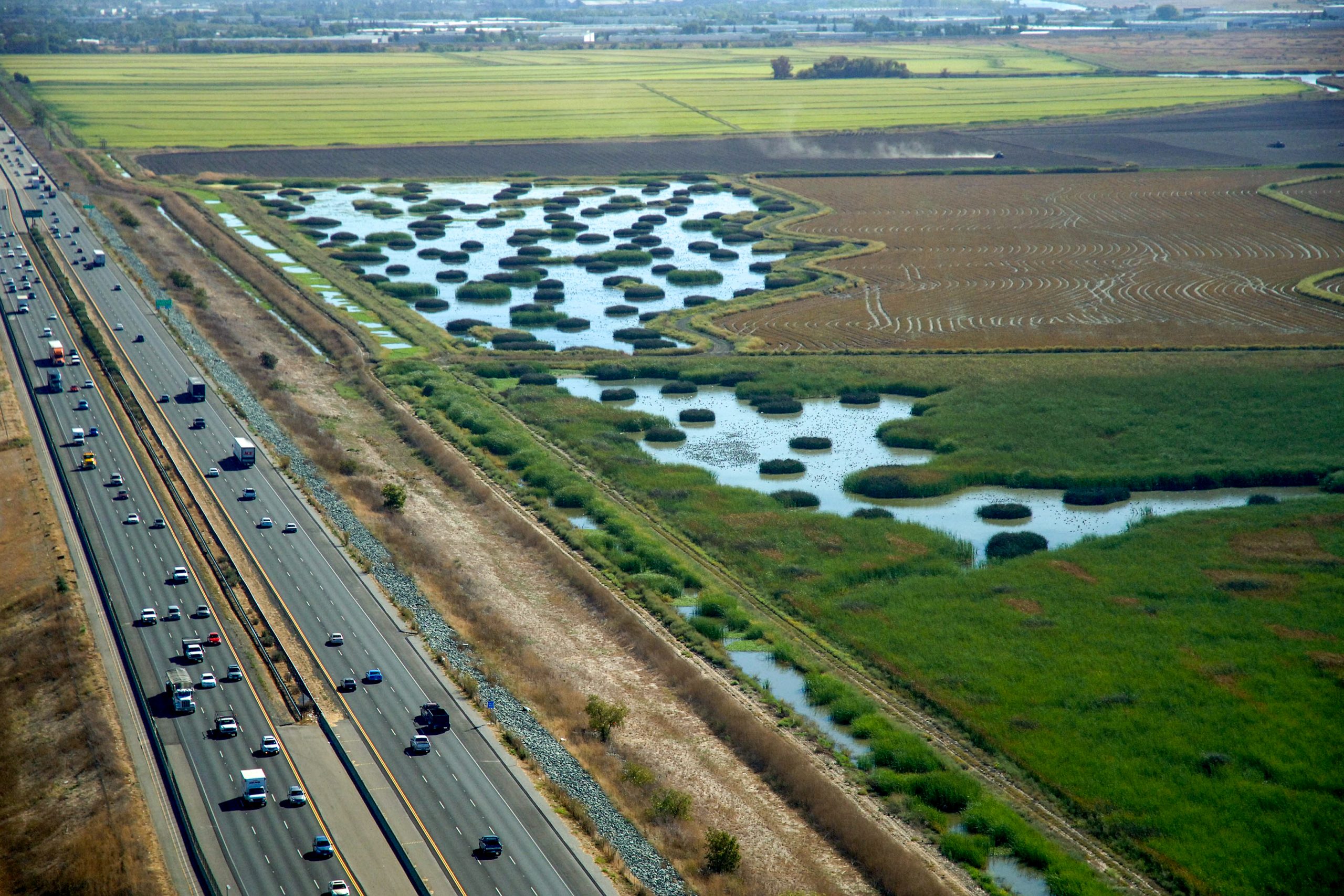Environmental Science
A Dangerous Disruption
A startup firm proposes to sell dubious carbon credits from stratospheric aerosol injection
Last week, MIT’s “Technology Review” reported that a small startup firm is proposing to spray reflective aerosols in the stratosphere commercially as a climate corrective. (Stratospheric Aerosol Injection or SAI.) Previously announced online in the Google Geoengineering Group, the firm is small and new, operating with a claimed total of $750K of venture financing. They …
Continue reading “A Dangerous Disruption”
CONTINUE READINGKeep on Trucking
A new rule will clean up exhaust from new diesels, a major health threat.
Last week, EPA finalized its new rule imposing emission limits on new heavy trucks. The new regulation was clearly a massive undertaking. EPA’s formal announcement of the new rule is 1100 pages long. The accompanying summary of comments on the proposed rule and EPA’s responses is another 2000 pages. This is partly due to the …
Continue reading “Keep on Trucking”
CONTINUE READINGStanford’s Sustainability School: A Good Model?
There are pros and cons, but it makes sense to bring the university org. chart into the 21st century.
In my last post, I wrote about universities like Stanford that are creating new programs in sustainability. Stanford’s move may inspire others to follow. There are pros and cons, but it seems inevitable that the organization of universities will ultimately take account of one of the biggest problems facing humanity. Administrative reorganizations, whether in government, …
Continue reading “Stanford’s Sustainability School: A Good Model?”
CONTINUE READINGThe Revolution, the Enlightenment and the Climate Crisis
The Founding Era’s belief in facts and science has too often been replaced with political identity as a test of truth.
The Declaration of Independence is a document deeply rooted in the Enlightenment. The Declaration begins with a note of cosmopolitanism, referring to “a decent respect to the opinions of mankind.” There is then the famous passage declaring “these truths to be self-evident, that all men are created equal, that they are endowed by their Creator …
Continue reading “The Revolution, the Enlightenment and the Climate Crisis”
CONTINUE READINGWhy Energy Conservation Will Remain Crucial
Even after switching to clean power, we’ll still need to limit energy use.
If we switch to renewables, we won’t need to worry about saving energy. Right? Wrong! One reason to save energy is to limit carbon emissions from the energy we use. That’s going to important until the energy system has been completely cleaned up. But energy conservation is important for reasons that go beyond the direct …
Continue reading “Why Energy Conservation Will Remain Crucial”
CONTINUE READINGFuture Shock
The latest IPCC report contains crucial new information about how soon and how bad climate impacts will be.
When the IPCC released its latest climate science report a few weeks ago, many commentators observed that the report should heighten our sense of urgency about climate action. Most of that discussion was at a very general level. It’s worth taking a closer look at some key findings and their policy implications. Here, I want …
Continue reading “Future Shock”
CONTINUE READINGCan we govern large-scale green infrastructure for multiple water benefits?
by Lidia Cano Pecharroman, Christopher Williams, Nell Green Nylen, and Michael Kiparsky
Green infrastructure is increasingly emphasized as an alternative, novel path for water infrastructure. The possibilities are intriguing: Can we transition from a landscape dominated by siloed grey infrastructure (think concrete and steel, constructed for one or a few key outcomes like water supply or flood control) to one that centers natural processes in water infrastructure …
Continue reading “Can we govern large-scale green infrastructure for multiple water benefits?”
CONTINUE READINGThe Fuss about Methane
Part 1: Science and weird facts
Methane is getting a lot of attention in climate debates. There was even a “Methane Day” last Tuesday at the climate conference in Glasgow. Several new regulations controlling methane emissions have been adopted recently, including two new rules for the US oil and gas sector announced last week. There’s a new informal international agreement to …
Continue reading “The Fuss about Methane”
CONTINUE READINGSpeaking Truth to Corporate Power
Decades ago, industry scientists fought to get their bosses to pay attention to climate change.
Decades ago, their own scientists told car companies and oil companies about climate change, information the companies chose to ignore. The scientists were voices crying out in the corporate wilderness. Sadly, they were ignored at the time, but companies are starting to pay the price for that in lawsuits. Those scientists advocated for the truth, …
Continue reading “Speaking Truth to Corporate Power”
CONTINUE READINGVaccination, Enlightenment Values, and the Founders
Anti-vaxxers and climate deniers are abandoning America’s founding values.
Ironically, those who most trumpet their allegiance to the Founders often have least in common with their values. The Founding Fathers were men of the Enlightenment. They shared a belief that reason, free inquiry, and science would better the human condition. They looked to reason as a guide. They sought, in Jefferson’s words, to expunge …
Continue reading “Vaccination, Enlightenment Values, and the Founders”
CONTINUE READING













